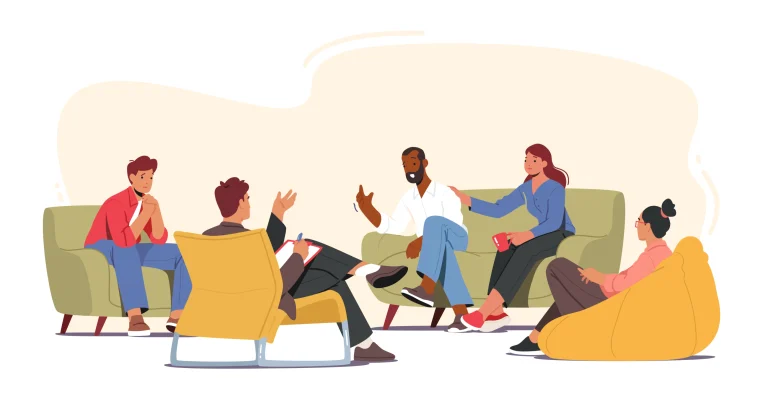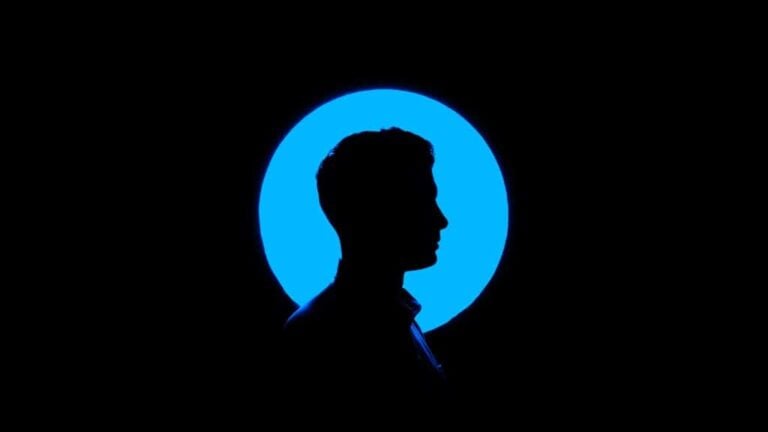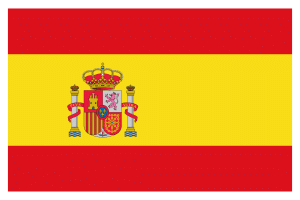Addiction and social media: “I have 30 days clean today and my recovery is more important than anything else to me. My life is now…
Addiction and social media:
“I have 30 days clean today and my recovery is more important than anything else to me. My life is now mine for me to decide what I want to do with it.”
“Just knocked back 16 years of sobriety. Killing it. Loving my life. Working on my best seller.”
“Can ya’ll stop with your sobriety posts already. Sobriety is an intimate, internal process meant to be shared with your loved ones. Stop treating sobriety like a gimmick.”
These are just a small sample of some of the public declarations of sobriety that have populated my news feed recently. Based on the fascinating conversations that quickly ensue in the comments section I thought I’d weigh-in.
Evolving Recovery Concepts
The rapid insertion of the apparatus of social media into our lives has changed just about every aspect of the collective life experience in the modern age. Recovery is no exception. Social media has put the cornerstone of 12-Step Therapy, anonymity, into its cross-hairs and as with everything today, its being met with mixed reviews. Let’s talk about addiction and social media.
So how do I appropriately navigate recovery in the ever-evolving age of social media?
Anonymity vs Public Voice
The tenant of anonymity was written into the 12-step recovery program as a way for the program to govern itself based on principles rather than individual personalities. In keeping with this and other similar principles, 12 step groups have traditionally eschewed public announcements in the hopes of keeping with the purity of their purpose; to keep the doors open to help the next addict/alcoholic seeking a solution.
Today, the validity and necessity of the tradition are being challenged by several factors.
The first is the widespread nature of addiction and the significant increase in attention it has received over the past 20-30 years. The science and general understanding of the condition is finally receiving the attention societies have so desperately needed. As such every family and social circle has an intimate relationship with someone battling addiction or struggling to live in a state of recovery from it.
The second is the onslaught of social media which inherently invites its users to share aspects of their lives previously shared only with the closest of relationships.

Pros and Cons
Celebrating recovery publicly certainly has some positive benefits. Announcing the arrival of clean time and other recovery related achievements can generate encouragement, reassurance and validation. Talking about your recovery with people outside of recovery circles can help create an additional layer of accountability and frankly there’s nothing inherently wrong with celebrating your life’s accomplishments.
Finally, and I think probably most importantly, bringing recovery out of the dark recesses of church basements can significantly help reduce the stigma attached to both addiction and recovery, which is probably the greatest singular upside to speaking publicly about your struggles and your solutions.
Unfortunately, there are also a myriad of potential negatives consequences that can come from celebrating recovery publicly and most of them are not all that easy to see coming.
Identifying as an addict or as a person in recovery carries significant baggage, both historic and cultural. And like it or not, you carry significant historical and cultural baggage. You have a history and not all of it is perceived as ‘celebratory’ to many of the people who’ve been negatively affected by your past behavior. Those folks may not be all that keen to celebrate your newfound joy.
We also know that our behavior is not always driven by the purest of motives and it’s often very difficult for us to see the true motivation behind our actions. Many of us are masters of mixed messaging, sarcasm, irony and other passive aggressive communication which when combined with the inherent impulsivity of the addictive personality leaves us vulnerable to putting the proverbial foot in our mouths.
Social media provides the perfect environment for impulsivity to meet up with need for approval, shake hands with projection, hang out with rejection (just read the ‘comments’ section of your latest sobriety post) and have a cigarette with our old buddies expectation, people pleasing and self-sabotage. An unforeseen receipt for disaster.
Why I Chose Anonymity when talking about addiction and social media
The issue I see with the very nature of many sobriety posts is that they are individual in nature instead of collective. It’s a lot of me and not much we. You see it’s impossible for me to accurately summarize how many people are responsible for having gotten me where I am today. It’s literally millions of small conversations, interactions, lessons, nudges, discussions, meetings, suggestions, comments, hugs, pushes, books read, and a million other ‘connections with another human being’ that have propelled me to evolve where I am to today. As such the enormity of personal evolution can’t be conveyed in a 180-character post.
At Costa Rica Treatment Center, I teach a theory of addiction which describes the addict/alcoholic as a person locked in a state of perpetual immaturity by substance abuse. Anyone who knew me would readily confirm this to be true. My father regularly asked me what life in ‘Never-Never Land’ was like, my high school football coaches called me ‘the boy in the bubble’, and I won’t even mention how many broken hearts lay in the wake of my brilliant attempts to project a maturity that was hollow, false and non-existent.
If this is true for me, then recovery is essentially just a tool I’m using to streamline my maturation process. Through the adaptation and application of a new set of principles and in my case, a long period of time, I’m slowing moving from a state of perpetual immaturity to one more age and developmentally appropriate.
While sometimes that feels amazing, I question whether its something I need to publicly celebrate. I’m coming of age. I’m a better version of myself than I was yesterday. I’m evolving and that’s great, but it’s taken a lot of help from a numerous and nameless group of people for me to get there.








